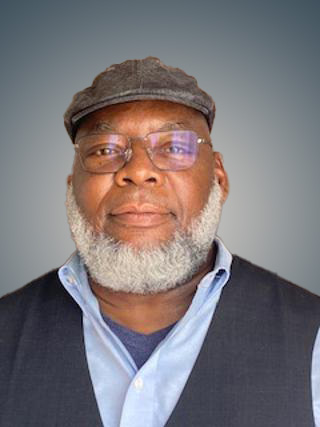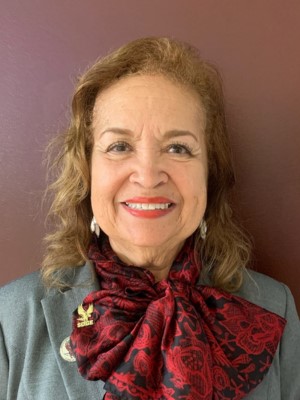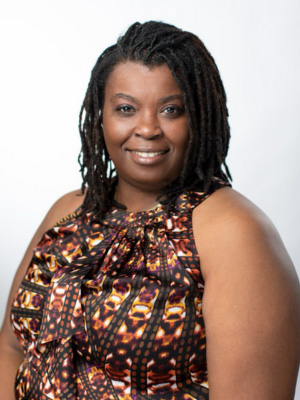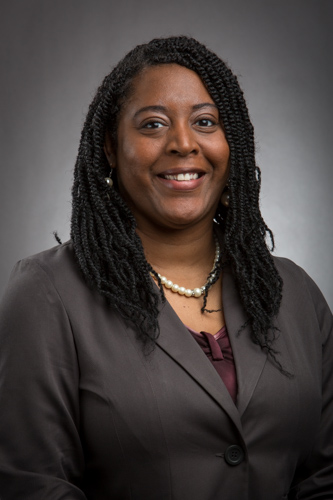The Sociology program at North Carolina Central University began with one course taught by Dr. C. G. O Kelly in 1923. The next decade saw an addition of five new academic course offerings. Students were eager to study Social Pathology, Criminology, Population Trends in the South, and Social Psychology and to participate in a Seminar in Social Sciences. Most of the courses focused on social issues which are still relevant today.
By 1939, the Sociology Department was organized and offered students a wealth of knowledge in the field at the undergraduate and graduate level. The late 1930s through the 1950s afforded great research opportunities and scholarly endeavors for our faculty. Students were fortunate to have scholarly professors such as Drs. Howard Odum, Joseph S. Himes, Jr., Edgar Thompson, Charles E. King, and Jane Leserman. Dr. King would often engage students in conversations about his studies as a graduate student at the University of Chicago and his dissertation writing days under Dr. Robert E. Parks, one of the trailblazers in the field of sociology. Afternoon and evening gatherings with faculty and students engaging in intellectual discourses were regular occurrences.
Dr. Himes founded, with area sociologists, the North Carolina Sociological Association in 1969. He served as president of the organization from 1969 to 1971. In honor of Dr. Joseph Himes, the Himes Outstanding Student Sociology Papers Awards are given each year to an undergraduate and graduate sociology student at the state NCSA meeting. While at NCCU, Dr. Himes was the first recipient of the Martin Luther King Jr. Award. He served as a Fulbright lecturer at both Helsinki University in Finland and Machas University in India. NCCU was fortunate to have him as a professor in Sociology for 23 years (1946–1969). In our centennial year, he served as a shining example of the professionalism our students seek to accomplish. Although he was blind, Dr. Himes excelled as a scholar. His personal motto was "It is the mind that sees."
The Gamma Chapter of Alpha Kappa Delta International Sociology Honor Society was founded in 1952. NCCU's Gamma Chapter has the distinct honor of being the first HBCU inducted into Alpha Kappa Delta in the state. The AKD organization has provided mentoring, academic tutoring and community activities for sociology students. Past advisors for the AKD honor society included Professors Charles King, Francis Scherer, Sandra Rogers, Charles Slappy, Chien Ju Hung, Miles Simpson, and James Davies.
The Sociology Club was established as a community service club for sociology majors. The club over the years participated in feeding selected families in Durham, collecting school supplies for needy children. organizing blood drives and walk-a-thons for numerous charities, managing big sister/big brother projects, and collecting clothes and food for the homeless. Past advisors of the organization were Professors Marsha Goodwin Kee, Charles Slappy, Isaac Robinson, Gwendolyn Dixon, Gloria Drew, Annette Bailey, and Vickie Newsome.
In the 1960s, Drs. William H. Howell, Jacqueline J. Jackson, Leonard H. Robinson, Charles E. King. Edwina C. Williams, just to name a few, continued to engage students in critical thinking and analyses of social issues in our society. A significant number of sociology majors continued their education by pursuing graduate studies. Social agencies dealing with societal issues were popular employment choices for those not continuing their education after graduation.
In the '70s and '80s, many students engaged in research activities that helped create job opportunities in social agencies, public schools, and higher education. During the early '70s, Dr. Charles E. King and his then graduate research assistant, Sandra Rogers, along with UNC-Chapel Hill researchers, engaged in a pilot study of the desegregation process of the Goldsboro public school system in North Carolina. This research was used by the Department of Public Instruction to identify key factors that impacted the positive or negative progress of school desegregation. Faculty and students actively engaged in classroom and community issues involving race relations and relevant social issues of that era.
Our faculty in the mid-'70s and '80s included Professors Charles King. Marsha Goodwin Kee, Charles Slappy, Isaac Robinson, William Howell, Francis Scherer, George Conklin, James Davies, Miles Simpson, Gloria Drew, Edwina Williams, Donald Addison, Sandra Rogers, and Gwendolyn Dixon. The department was a forerunner of today’s web-based course materials and received several grants from the National Science Foundation (NSF), the Fund for the Improvement of Post-Secondary Education (FIPSE) and the Lilly Endowment to integrate the methods of sociology into various courses using personal computers.
Under a program sponsored by former Chancellor Julius Chambers, the department collaboratively shared the laboratory assignments developed under previous grants to create a course covering anthropology, sociology, psychology, and geography. A new service-learning course on Society and Law was created by Professor Rogers in Fall 2010, utilizing her juris doctorate and sociology backgrounds.
NCCU’s sociology department was known for dealing with the life and works of Dr. W.E.B. Du Bois under the leadership of Dr. Wortham, who later became the associate dean of the College of Behavioral and Social Sciences now known as the College of Arts, Social Sciences and Humanities. Our department had the distinct honor of having produced three NCCU Professor Emeriti: Dr. Leonard Robinson, Dr. Charles King, and Dr. George Conklin.
As a result of restructuring and realignment, Professor Sandra Rogers was appointed director of the sociology student teach-out program, which signified the ending of the department in May 2014.
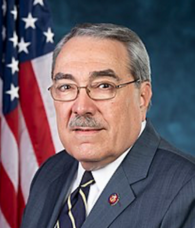 Congressman G.K. Butterfield
Congressman G.K. Butterfield Austin W. Ashe, Ph.D.
Austin W. Ashe, Ph.D. Candice M. Benbow
Candice M. Benbow Cassandra Walston McLaurin
Cassandra Walston McLaurin
